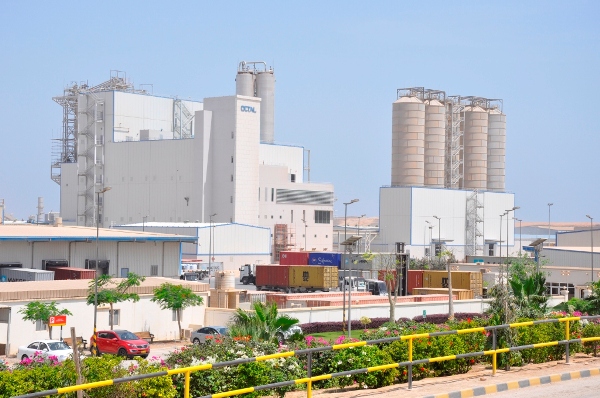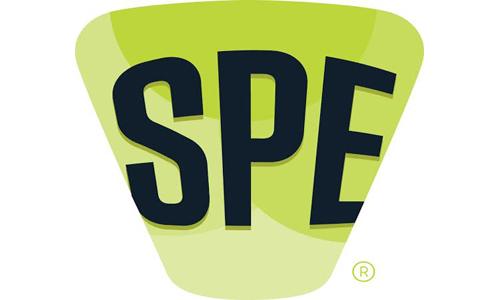
Toray is actively developing auto applications for a new high-speed molding process to produce carbon fiber reinforced plastic (CFRP) parts. One of the first beneficiaries is its development partner Daimler, which has established a manufacturing joint venture with Toray.
The new system developed by Toray Composites in Japanese, European and American R&D centers produces carbon composite parts in 10 minute cycles without sacrificing mechanical properties, according to a presentation by Felix Nguyen, Toray senior research scientist, at the Society of Plastics Engineers Automotive Composites Conference & Exhibition in Troy, Mich. today. Currently used competitive systems have cycle times of approximately 160 minutes.
Trials are under way now with automotive OEMs. Toyota is also believed to be testing the new technology. At the heart of the approach is a new resin curing system coupled with a slit prepreg approach and resin transfer molding (RTM) innovations. Resin impregnation and curing take three minutes and five minutes, respectively. Mold setting and demold require one minute each. The reinforcement is produced by slitting continuous fibers of a fast cure unidirectional prepreg at an angle from the fiber’s axis at a specific interval to increase drapeability while maintaining their original positions.
The slit prepreg is called unidirectionally arrayed chopped strands (UACS). It overcomes the problem of bending stiff prepregs to fit in a mold. The bending is not an issue in aerospace where prepregs are arrayed on very large tools with slight curvatures and no deep draws. Toray is now studying improvements to the system with its newly developed interphase technology in which engineered layers of nanomaterials are located between fiber and cured resin regions.
Tests by Toray show that molded parts with complex shapes maintain fiber distribution and show excellent surface finish. A test part described by Nguyen had a 52% carbon fiber loading. The Toray effort reflects a race by producers to develop high-speed systems to produce CFRP parts for automotive applications. Plasan Carbon Composites (Bennington, VT) is ramping up an entirely different approach in which a special developed “pressure press” can rapidly make CFRP parts that had previously been made in autoclaves. It would appear that the Plasan process works better for large, flatter parts such as automotive hoods. The Toray system seems well suited for smaller parts requiring complex shapes.
The new processes address OEM concerns about CFRP manufacturing speeds, but do not address their concerns about the high, and highly volatile, pricing of carbon fiber, which is also in strong demand by other industries, particularly aerospace.
The world’s largest manufacturer of carbon fiber, Toray is targeting automotive applications as a top priority. In June 2008, the company established the Automotive Center (AMC), in Nagoya, Japan and in 2010 announced a joint development agreement with Daimler, which has a goal to reduce the weight of its body-in white by 10% for all Mercedes-Benz models. New CFRP applications have not been specifically announced, but are expected to debut in 2013 models.
Source : http://www.plasticstoday.com/articles/toray-advances-fast-cycle-cfrp-rtm-automtoive913201201





